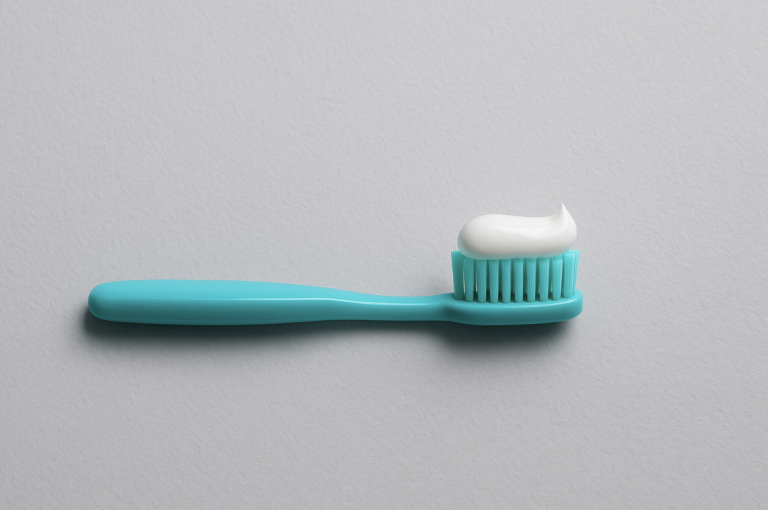Daily stress is a common aspect of modern life that significantly impacts oral health. From gum issues to heightened tooth sensitivity, stress can exacerbate dental problems. Timely intervention, such as visiting an emergency dentist in Warrington, is crucial for managing these stress-induced dental concerns.
Everyday stressors, whether from work, family, or personal commitments, are prevalent challenges that many individuals face. These pressures can manifest in various physical ailments, including oral health issues. When stress becomes overwhelming, it may lead to detrimental habits that harm dental health. Seeking timely assistance from professionals like an emergency dentist in Warrington can provide relief from sudden dental issues caused by stress. Understanding the connection between stress and oral health can empower you to take proactive steps toward maintaining a healthy smile.
How stress affects your gum and tooth health
Stress has a profound impact on your body, and oral health is no exception. Prolonged periods of stress can lead to gum inflammation and even periodontal disease due to increased levels of cortisol in the body. This hormone weakens the immune system, making it harder for your body to fight off infections, including those affecting your gums. You might notice symptoms like bleeding gums or increased tooth sensitivity during stressful times.
The connection between emotional stress and dental health is evident in how stress-related behaviors such as teeth grinding or poor oral hygiene practices can further damage teeth and gums. Stress often leads people to neglect their usual oral care routines, contributing to plaque build-up and cavities. Therefore, recognising these patterns and addressing them promptly is essential.
Moreover, stress can also cause dry mouth by reducing saliva production. Saliva is crucial for neutralising acids produced by bacteria in the mouth and washing away food particles. A lack of saliva can result in more frequent cavities and oral infections. Thus, acknowledging these effects is the first step towards mitigating their impact on your dental health.
The necessity of prompt dental care interventions
Timely dental care is vital when addressing stress-induced oral health issues. Ignoring early signs of gum disease or tooth decay can lead to more severe problems down the line. Dentists play a critical role in detecting early symptoms and providing appropriate treatment before conditions worsen. Regular check-ups help catch issues that you might overlook amidst your busy schedule.
In situations where dental problems escalate quickly due to stress, seeking immediate help from an emergency dentist becomes necessary. These professionals are equipped to handle sudden issues like severe toothaches or broken teeth that cannot wait for a regular appointment. They offer not only relief but also guidance on preventing future occurrences.
Preventative care should also be a priority. Maintaining good oral hygiene through regular brushing and flossing helps keep potential problems at bay. Additionally, professional cleanings remove tartar build-up that cannot be addressed with at-home care alone. Taking these steps ensures your mouth stays healthy even during stressful periods.
Effective strategies for managing everyday stress
Implementing effective stress management techniques can significantly improve both mental well-being and oral health. Practicing relaxation methods like deep breathing exercises or meditation helps reduce overall stress levels. These practices encourage mindfulness and relaxation, lowering cortisol levels in the body.
Incorporating physical activity into your daily routine is another excellent way to combat stress. Exercise releases endorphins, which naturally elevate mood and reduce anxiety. Activities such as yoga not only enhance physical fitness but also promote relaxation through controlled breathing and stretching exercises.
Nurturing social connections is equally important for managing stress effectively. Engaging with friends or family provides emotional support and distraction from stressful thoughts. Sharing experiences with others can offer new perspectives and solutions you might not have considered alone.
Preventive measures to safeguard against dental issues
Maintaining diligent oral hygiene practices forms the cornerstone of preventing dental problems associated with stress. Brushing twice daily with fluoride toothpaste, flossing regularly, and using mouthwash are fundamental steps in protecting your teeth and gums from decay and disease.
Regular dental check-ups are essential in catching potential issues before they escalate into significant concerns. Dentists provide professional cleanings that remove plaque and tartar build-up that routine brushing might miss. These visits also allow for early intervention if any new problems arise.
A balanced diet rich in vitamins and minerals supports overall health, including oral health. Foods high in calcium and vitamin D strengthen teeth enamel, while vitamin C promotes healthy gums by supporting collagen production necessary for tissue repair.



